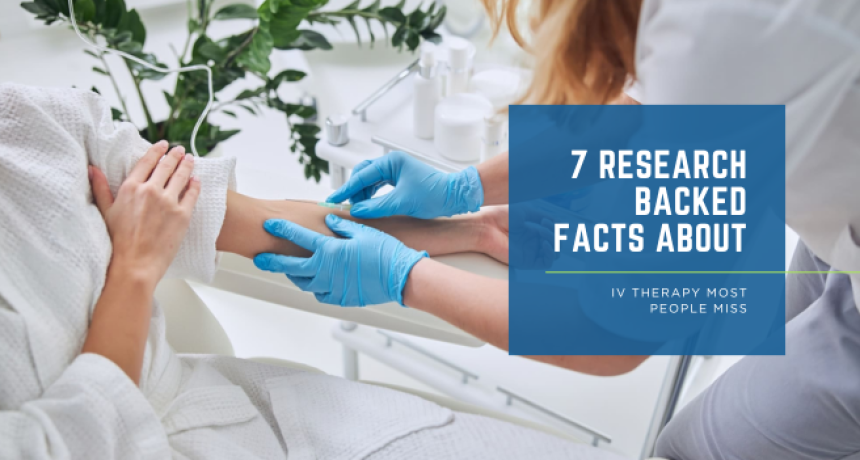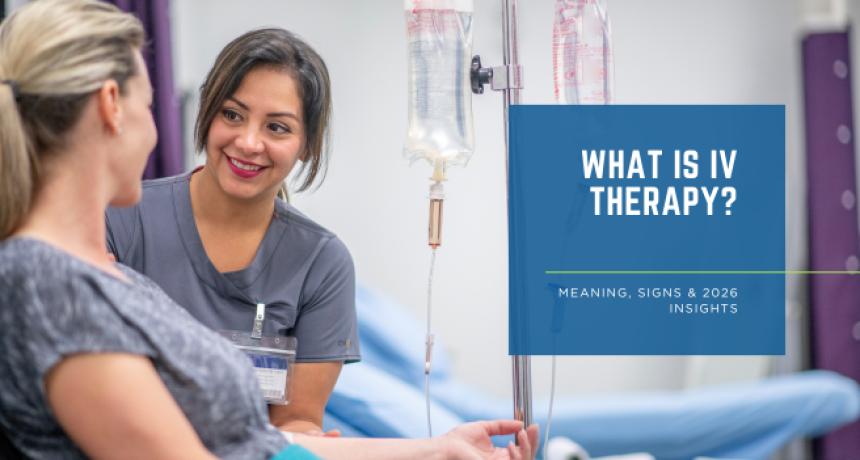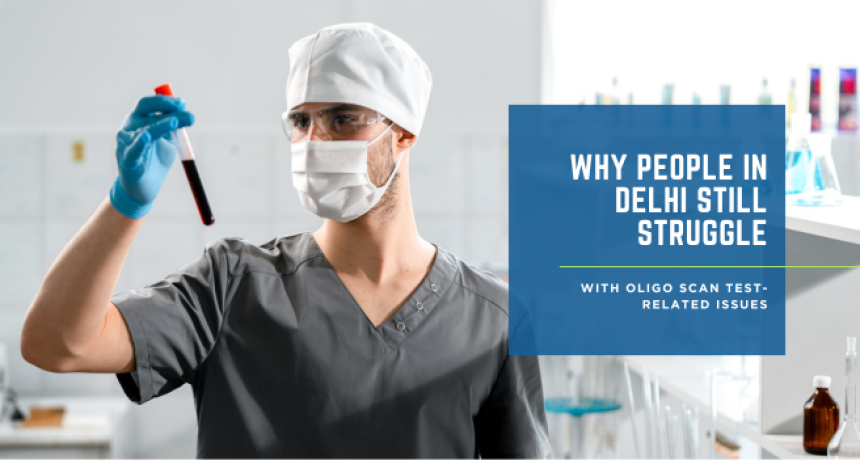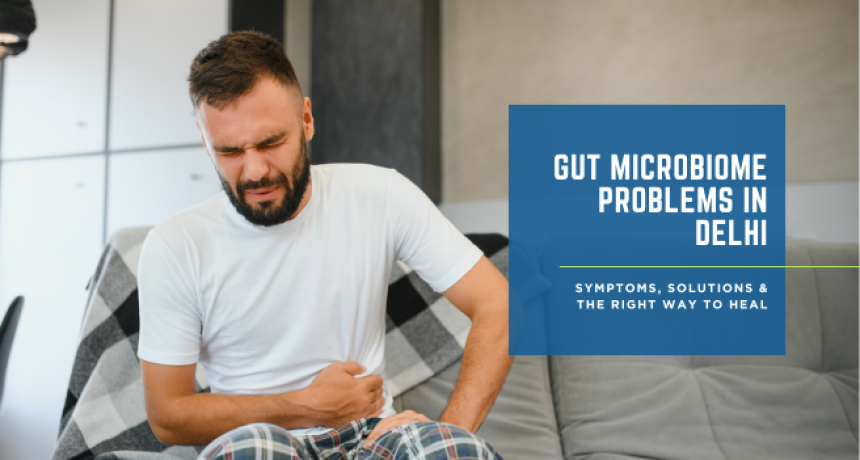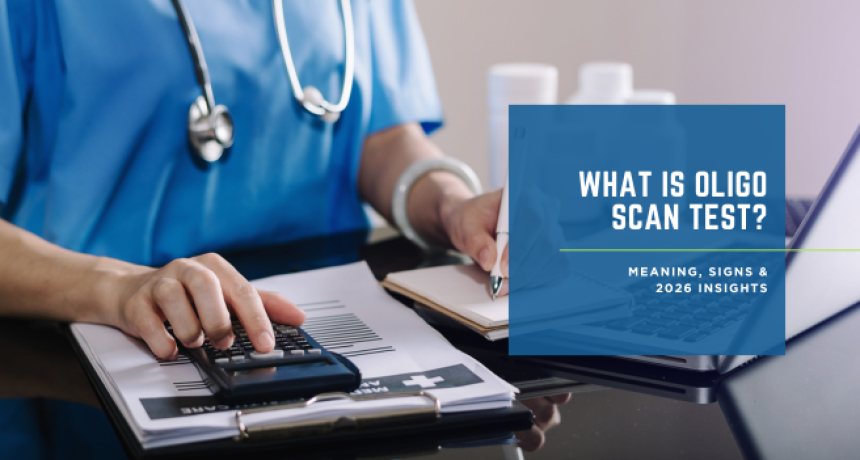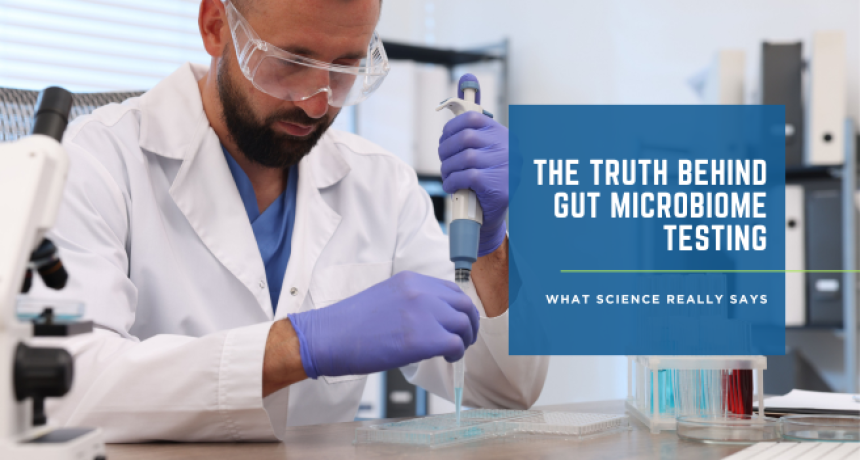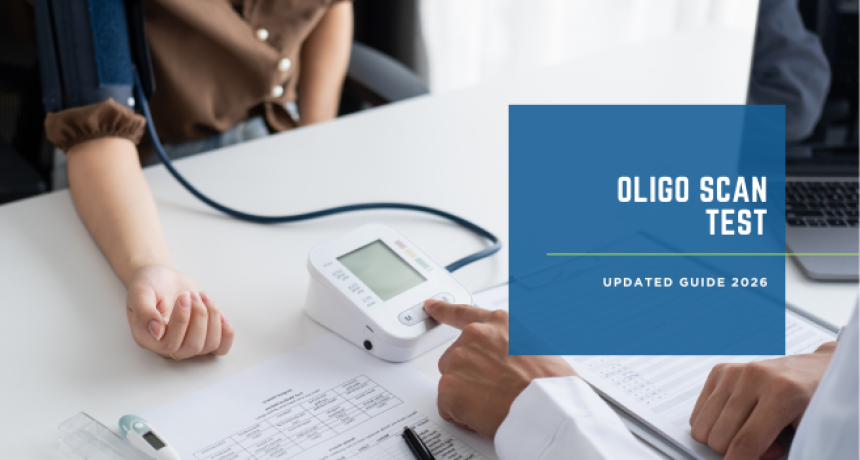Why Do Food Allergies Develop in Adults: Causes and Symptoms
2025-05-25 Key Takeaways Adult-onset food allergies are increasingly common and often linked to gut health, stress, and immune system shifts. Symptoms can range from mild rashes to serious digestive and respiratory reactions. GUT 360 testing at L&B Clinic uncovers root causes like dysbiosis, inflammation, and food sensitivities. Early diagnosis leads to better outcomes and a tailored plan for long-term relief. Introduction Did you know you can suddenly develop a food allergy in your 30s, 40s, or even 50s — to a food you’ve eaten your whole life? Adult-onset food allergies are on the rise. According to a study published in JAMA Network Open (Gupta et al., 2019), nearly half of food allergies now begin in adulthood. These reactions can be unpredictable and severe, impacting daily life and nutrition. At L&B Clinic, we see adult food allergies as a message — not just a diagnosis. It’s often the result of underlying imbalances in the gut, immune system, or lifestyle. Our advanced diagnostic tool, GUT 360, helps identify what’s really going on beneath the surface so we can build a personalized plan for relief. Why Do Food Allergies Develop in Adulthood? While genetics may play a role, late-onset food allergies are usually triggered by environmental and internal factors: Overuse of antibiotics, poor diet, and stress can lead to an imbalance in gut bacteria, which play a key role in immune regulation. [Harvard Health, 2020] When the gut lining becomes permeable, food particles can enter the bloodstream and trigger immune reactions. [Fasano, 2012, Clin Rev Allergy Immunol] As we age or undergo hormonal changes (menopause, pregnancy, chronic stress), immune tolerance may decrease. Pollutants, food additives, and toxins can stress the immune system over time, making it more reactive. Symptoms of Adult-Onset Food Allergies Food allergy symptoms can range from mild to severe and may appear suddenly after years of eating the same foods. Hives, rashes, or itching Facial or throat swelling Abdominal pain, bloating, or diarrhea Nausea or vomiting Shortness of breath or wheezing Dizziness or drop in blood pressure (anaphylaxis) Note: Some adults may experience delayed symptoms like brain fog, joint pain, or fatigue — making diagnosis even more complex. Here’s a simple management framework used at L&B Clinic to help adults address their food allergies holistically: For More Information, Check Out: Food Allergy Treatment Program in Delhi Simple Natural Remedies to Ease Symptoms While testing and personalized care are ideal, some natural remedies may offer temporary relief from mild symptoms: Ginger tea: Soothes digestion and inflammation. Fennel seeds: Help reduce bloating and cramping. Chamomile tea: Calms gut spasms and supports sleep. Peppermint oil (in capsules): May ease abdominal discomfort. Oatmeal baths: Relieve skin itching or hives. Always consult a professional before using remedies for moderate or severe symptoms. While emergency care may be required for acute reactions, the best long-term management begins with understanding your unique triggers and healing your internal systems. Temporarily remove common allergens like dairy, gluten, soy, nuts, and eggs. Reintroduce them slowly under supervision. Eat fiber-rich foods, fermented vegetables, and prebiotics to support healthy gut bacteria. Focus on anti-inflammatory foods: leafy greens, berries, turmeric, and omega-3-rich seeds. Improve sleep quality, reduce stress, and minimize toxin exposure from personal care or cleaning products. Read Also: Gut Testing for IBS, Bloating, and Digestion: Can It Solve Your Issues?! Who Should Get Tested? If you’ve recently experienced unexplained digestive issues, skin reactions, or new food sensitivities, testing is the first step to clarity. You may benefit from testing if: You have recurring bloating, gas, or IBS symptoms You react to certain foods but aren’t sure which You’ve had recent major life stress, illness, or hormonal change You’re experiencing new symptoms after 30 Check out: The 3-Day Gut Reset Cleanse: Rejuvenate Your Digestive System for Optimal Health At L&B Clinic, our GUT 360 testing analyzes over 30+ gut health markers, including: Inflammation levels (IL-6, CRP, zonulin) Microbial diversity and balance Food sensitivity and immune markers Digestive enzyme activity This comprehensive test gives our team the data needed to design a tailored recovery plan that addresses both symptoms and root causes — naturally. Dr. Deepika Krishna, Founder, L&B Clinic, explains: "Food allergies in adults often stem from years of underlying gut dysfunction. With GUT 360, we can stop guessing and start healing with real, personalized insights." FAQs on Adult-Onset Food Allergies 1. Can you suddenly develop food allergies in adulthood? 2. What is the difference between food intolerance and allergy? 3. What is the most accurate test for adult food allergies? 4. Are adult food allergies reversible? 5. How do I get started? Conclusion: It’s Not Just the Food — It’s What Your Body Is Trying to Tell You Adult food allergies aren’t random — they’re often your body’s way of signaling that something deeper is out of balance. You don’t have to manage symptoms alone or rely on guesswork. Let’s decode your immune story together. Start with GUT 360 testing and let L&B Clinic guide you toward true food freedom. References: Gupta, R. et al. (2019). Prevalence and Severity of Food Allergies Among US Adults. JAMA Network Open, 2(1):e185630. Fasano, A. (2012). Intestinal permeability and its regulation by zonulin. Clin Rev Allergy Immunol, 42(1):71-78. Harvard Health Publishing (2020). Food allergy or intolerance? WHO Environmental Health Criteria (2018). Allergens and Environment. Follow L&B Clinic: Instagram | Facebook | LinkedIn | YouTube1. Gut Microbiome Disruption
2. Leaky Gut (Intestinal Permeability)
3. Immune System Shifts
4. Environmental Exposure
Natural Ways to Manage Adult Food Allergies
1. Elimination Diet
2. Support Gut Health
3. Reduce Inflammation
4. Lifestyle Adjustments
Yes. Nearly half of all food allergies begin in adulthood due to gut or immune disruptions.
Allergies involve the immune system and can cause serious symptoms. Intolerances usually cause digestive discomfort without immune involvement.
GUT 360 testing at L&B Clinic combines gut, inflammation, and immune markers for a full picture.
In many cases, yes — especially when the root cause is identified and addressed.
Book a consultation at L&B Clinic to schedule your GUT 360 analysis and begin your personalized wellness plan.
Reviewed by: Dr. Deepika Krishna, Founder, L&B Clinic
.png)

